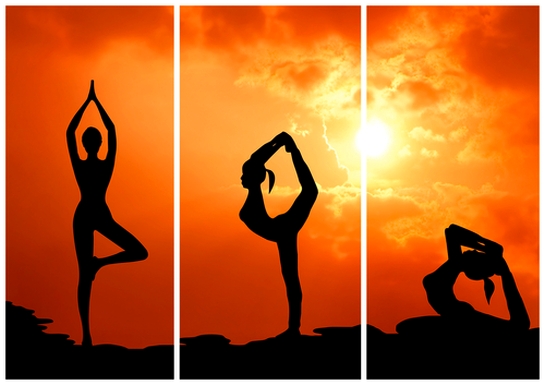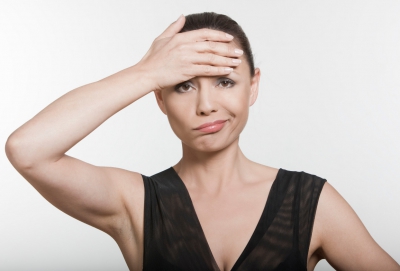In a small study of healthy people with no psychiatric problems, yoga produced greater improvements in mood than walking, suggesting its beneficial effect is not just from physical activity.
"We think that one of the reasons yoga makes people feel better is because it increases levels of GABA, a [brain chemical] that's reduced in depression and doesn't work well in [people with] anxiety," says study head Chris C. Streeter, MD, associate professor of psychiatry and neurology at Boston University School of Medicine.
She presented the findings at the annual meeting of the American Psychiatric Association.
The study involved 19 people who practiced Iyengar yoga, a type of Hatha yoga, and 15 people who walked at an average pace for one hour, three times a week, for 12 weeks.
Participants filled out standard mood questionnaires throughout the study. MRI images of their brains were taken at the start of the study and at the end of the 12 weeks. Then, participants did one more hour of yoga or walking, depending on which intervention they'd been assigned to, followed by one more scan.
The people who practiced yoga reported greater improvements in mood and greater decreases in anxiety than the walking group.
Also, GABA levels showed a trend toward an increase in the yoga group from the second to third scan, but not in the walking group.
Streeter tells WebMD that the selective serotonin reuptake inhibitors (SSRIs) commonly used to treat depression and other mood disorders also increase GABA levels.
Although the study only involved people without psychiatric problems, this suggests that yoga postures may be helpful in treating people who have depression or anxiety and have low GABA levels, she says.
That's not to say yoga should replace treatment with SSRIs or other medications, says Donald Hilty, MD, co-chairman of the committee that chose which studies to highlight at the meeting and professor of psychiatry at the University of California, Davis.
"It's always best to go with well-studied treatments that have been proven and add complementary treatments such as yoga," he tells WebMD.
"This very preliminary report shows some real positives [to yoga], and it doesn't have a downside," Hilty says.
Both doctors called for further study of yoga in people with depression and anxiety disorders.

















